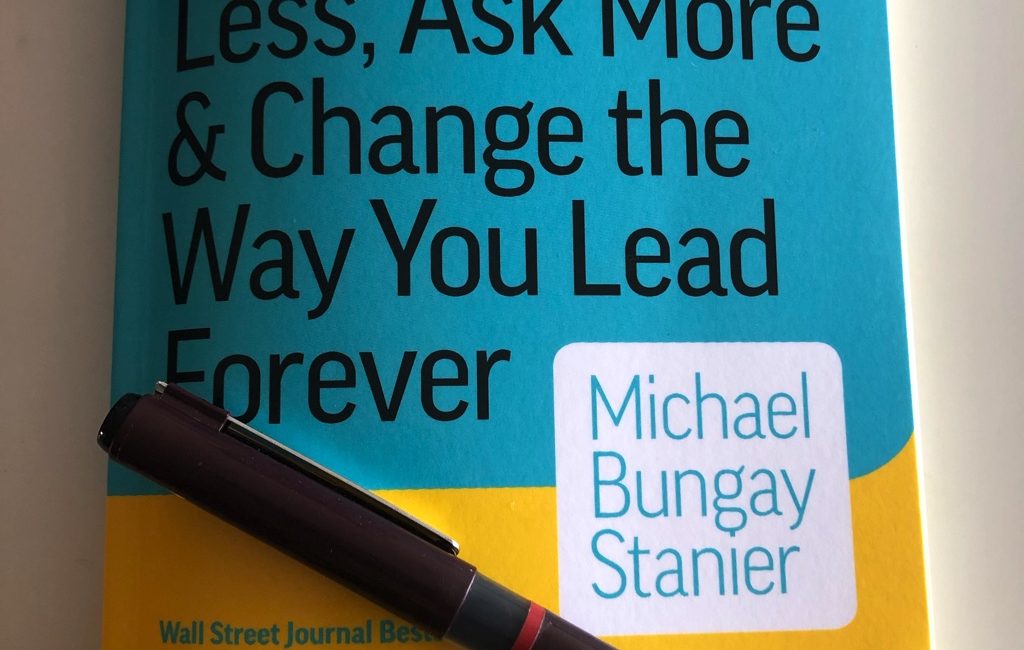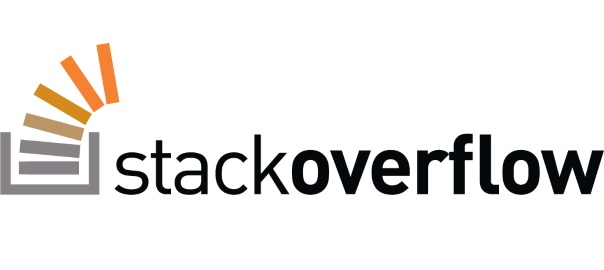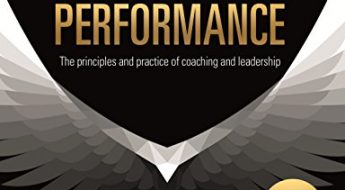The Coaching Habit – Michael Bungay Stanier

Here are my notes from a very practical book The Coaching Habit by Michael Bungay Stanier:
The book covers 7 questions:
- Kickstart: What’s on your mind
- AWE: And what else?
- Focus: What’s the real challenge here for you?
- Foundation: What do you want?
- Lazy: How can I help?
- Strategic: If you’re saying yes to this, what are you saying no to?
-
Learning: What was most useful for you?
-
The essence of coaching lies in helping others and unlocking their potential
- If you need to have a lead in phrase, consider using: ‘out of curiosity’
- Three vicious circles that plague our workplaces: overdependence, getting overwhelmed, and becoming disconnected.
- Ask people more questions and give less advice
- 45% of our waking behavior is habitual
- If you spend too much time imagining the outcome, you’re less motivated to actually do the work to get there.
- Think less about what your habits can do for you, and more about how this new habit will help the person or people you care about.
- Charles Duhigg says that there are just five types of triggers: location, time, and emotional state, other people, and immediately preceding action.
- I will ask just one question and then be quiet while I wait for the answer.
- Coaching for performance is about addressing and fixing a specific problem or challenge. Coaching for development is about turning the focus from the issue to the person dealing with the issue, the person who’s managing the fire.
- 3P’s: people, projects, patterns
- The brain accounts for only 2% of the body weight, but it uses about 20% of the energy
- The first answer someone gives you is rarely the only answer, and it’s rarely the best answer.
- The brain counts like this: one, two, three, four…lots.
- Stop offering up advice with a question mark attached. That doesn’t count as asking the question. If you’ve got an idea, wait. Ask, “And, what else?”, and you’ll often find that the person comes up with the very same idea that’s burning a hole in your brain.
- The simple act of adding ‘for you today’ to the end of as many questions as possible is an everyday technique for making conversations more development than performance oriented.
- Stick to the question starting with “What” and avoid questions starting with “Why”.
- Why did you do that? => What were you hoping for here?
- Why did you think this was a good idea? => What made you choose this course of action?
- Why are you bothering with this => What’s important for you here?
- The single biggest problem with communication is the illusion that it has taken place. ~ G.B. Shaw
- 9 universal needs based on Marshall Rosenberg: affection, creation, recreation, freedom, identity, understanding, participation, protection, subsistence
- Five times a second, at an unconscious level, your brain is scanning the environment around you and asking itself: it’s safe here, or is it dangerous?
- After asking a question, just patiently wait for an answer.
- Based on Karpman, there are three archetypal roles: victim, persecutor, and rescuer
- While talking nod your head, make encouragement noises and maintain
- Being busy is no measure of success
- The essence of strategy is choosing what not to do. ~ Michael Porter
- Acknowledge the reply of a person by saying, “Yes, that’s good”, instead of just going into another question.
- People don’t really learn when you tell them something. They don’t even really learn when they do something. They start learning, start creating new neural pathways, only when they have a chance to recall and reflect on what just happened.
- This is why, in a nutshell, the advice is overrated. I can tell you something, and it’s got the limited chance of making its way into your brain’s hippocampus, the region that encodes memory. If I can ask you a question and you generate the answer yourself, the odds increase substantially.x
- What have you learned since we last met?
- So, what was most useful here for you? What did you find most valuable about this chat? What worked best here?
- Finish on a high note, and you make everything that went before it look better.
- “Before I jump into a longer reply, let me ask you: What’s the real challenge here for you?





Leave a Comment